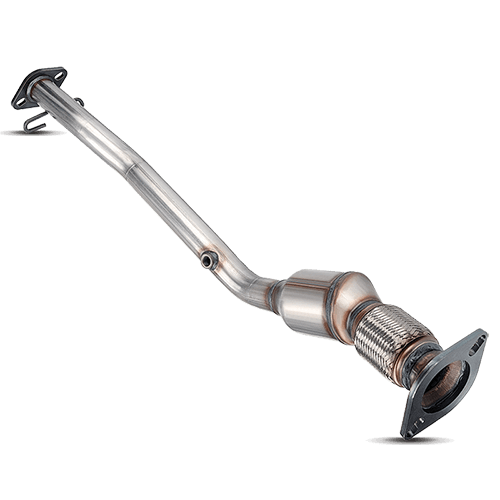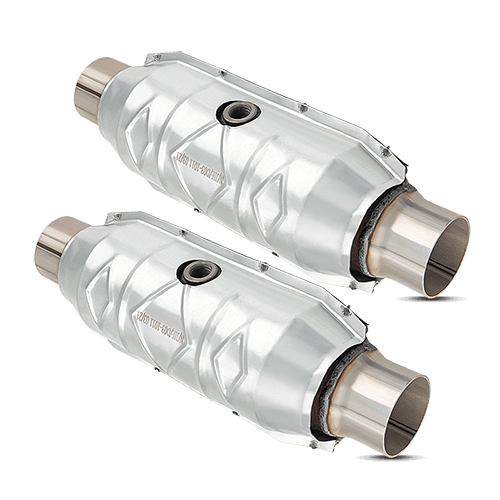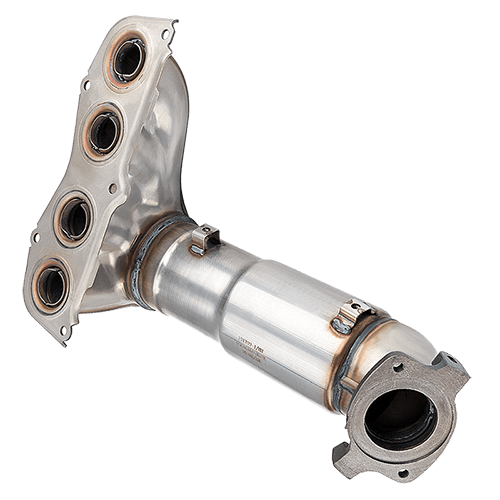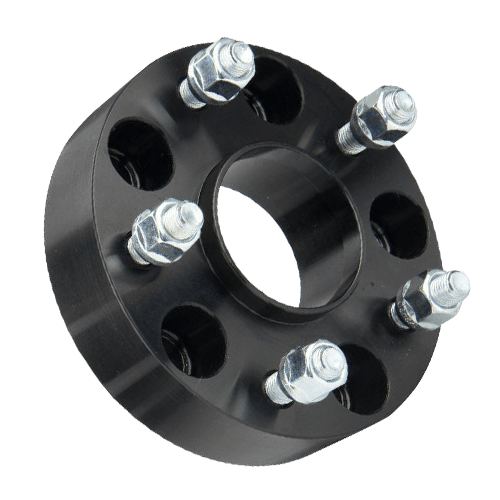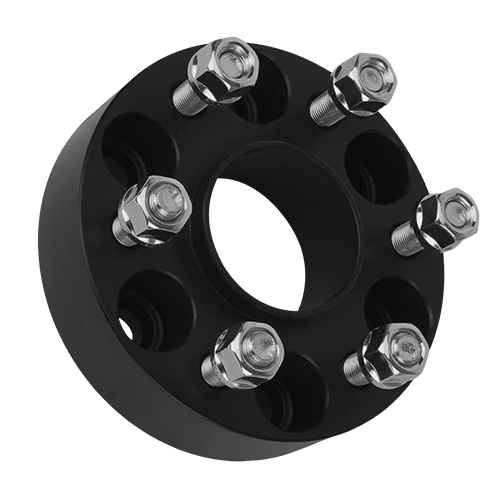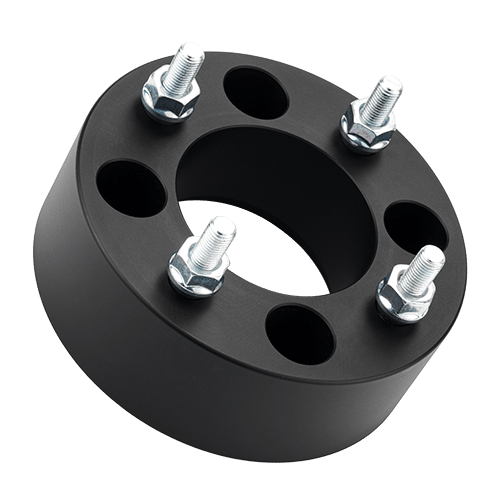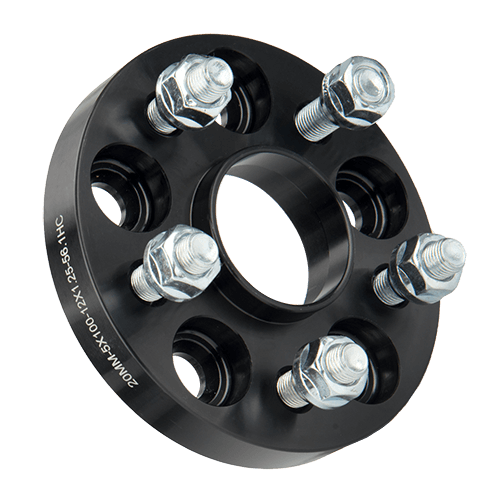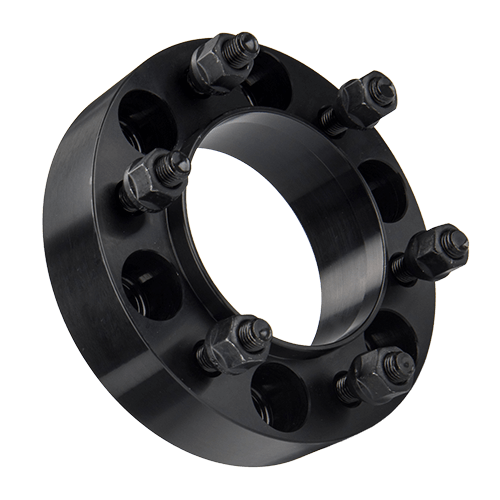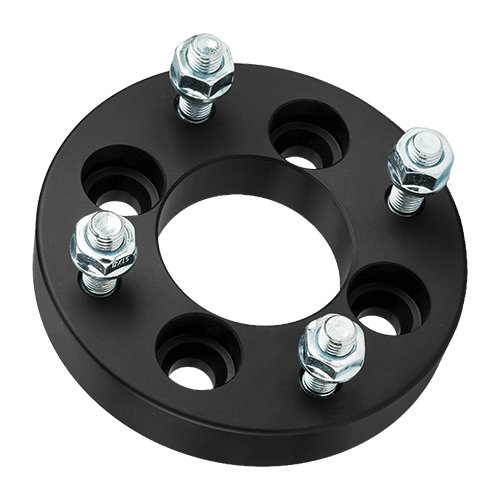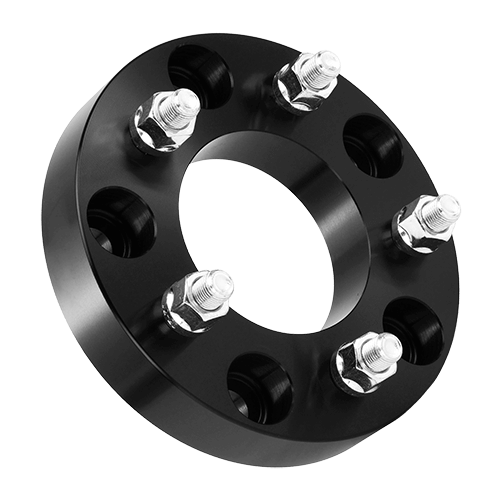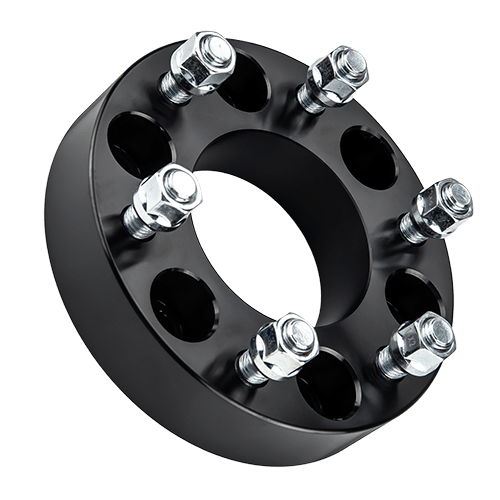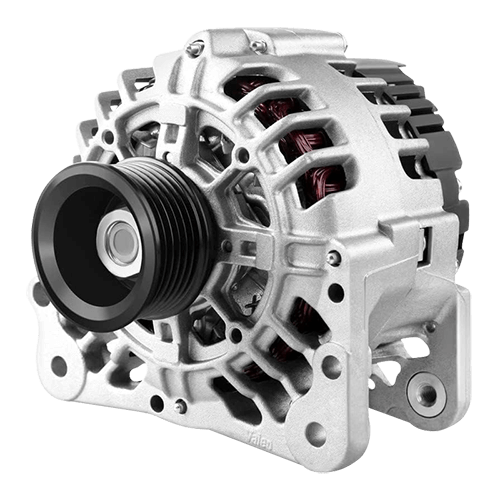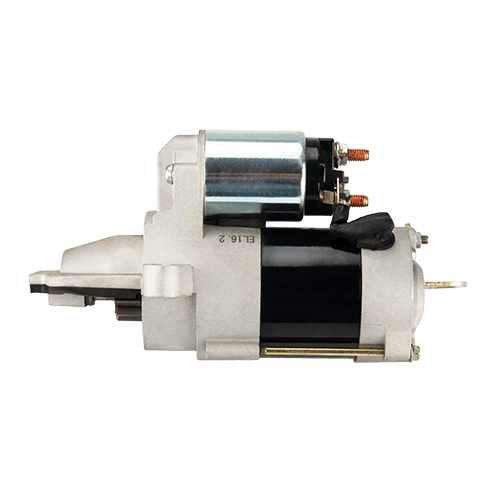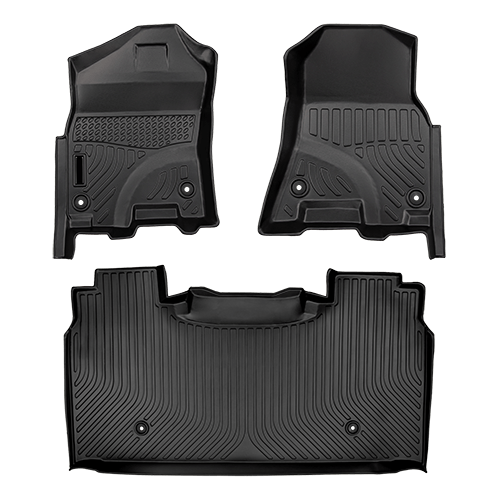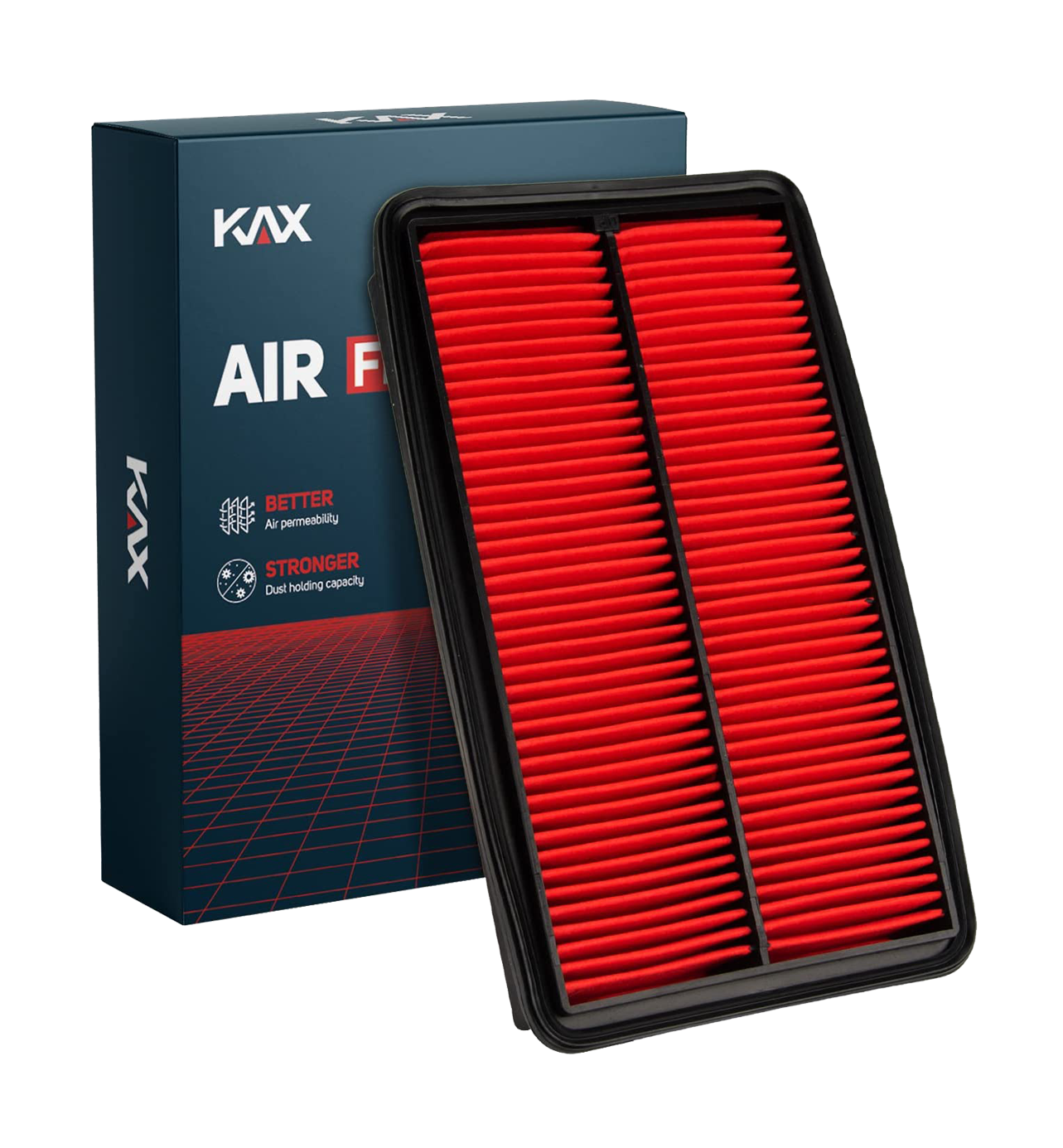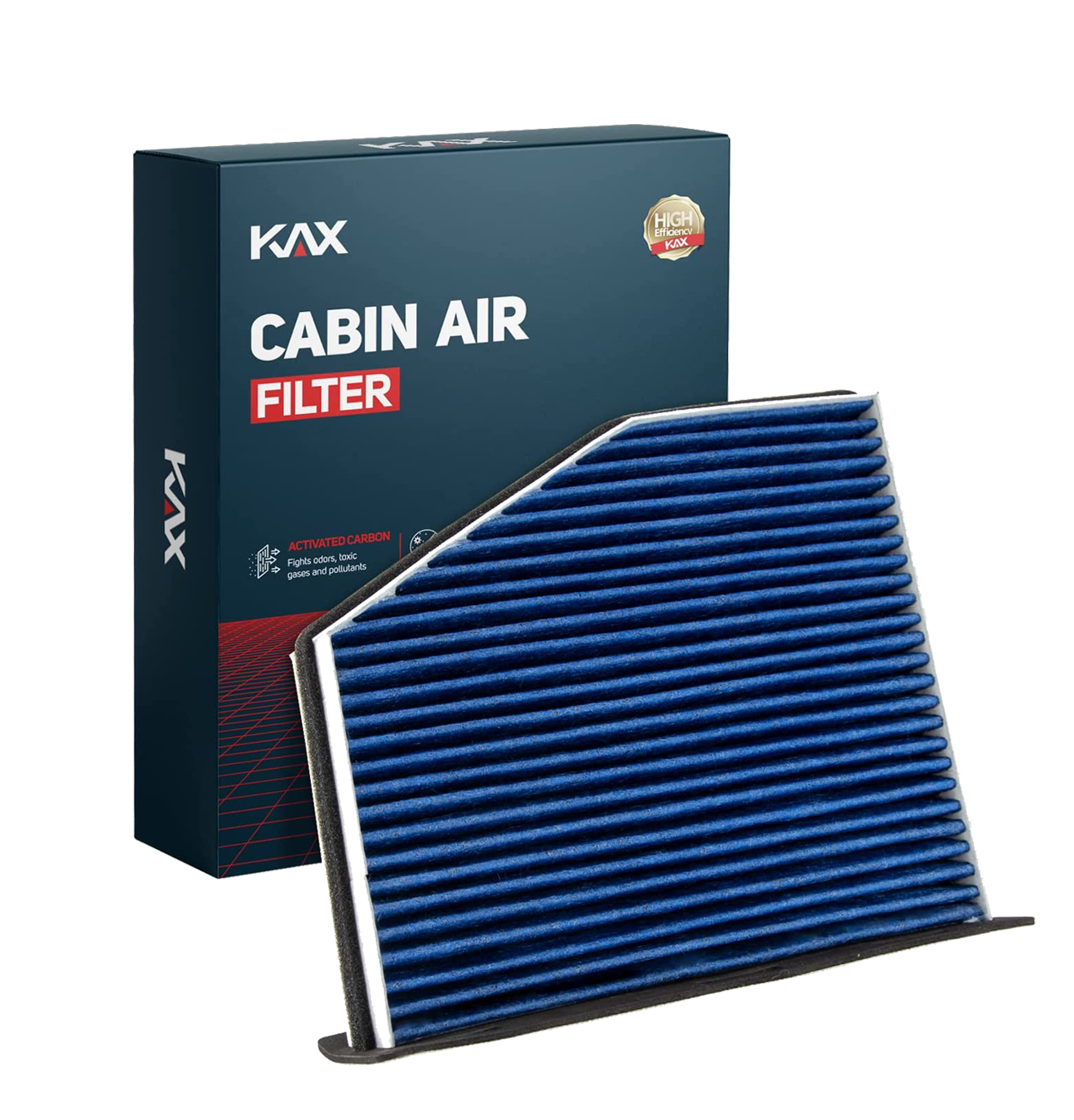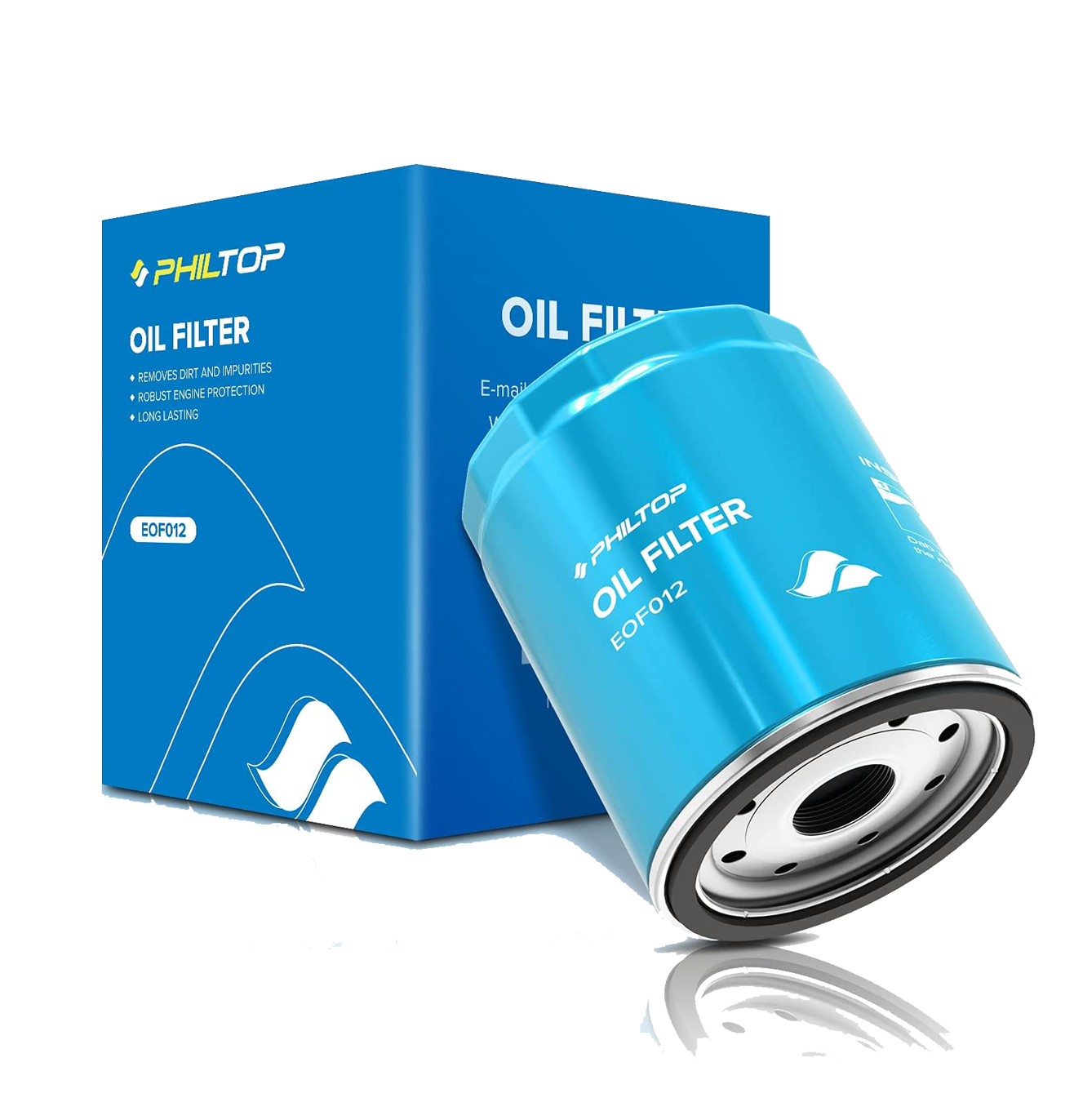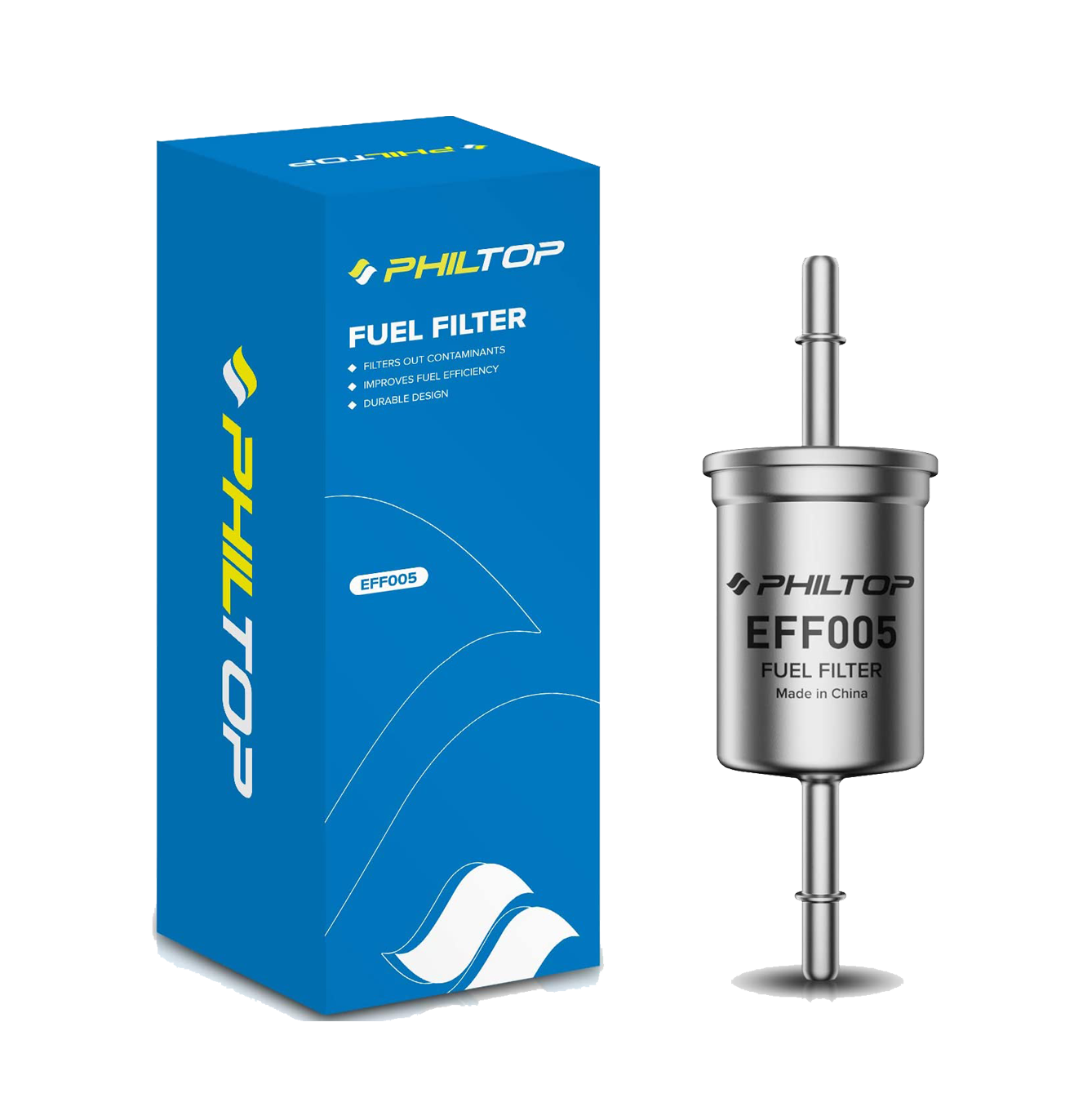Your vehicle’s cabin air filter plays a crucial role in keeping the air inside your car clean and breathable. Yet, it’s often one of the most overlooked components of car maintenance. If you’ve been putting off replacing your cabin air filter, understanding its benefits might change your mind. In this article, we’ll explore why changing your cabin air filter regularly is essential for your health, comfort, and even the performance of your vehicle.
What Is a Cabin Air Filter and What Does It Do?
Before diving into the benefits, let’s start with the basics. A cabin air filter is a small but vital component located within your car’s HVAC (heating, ventilation, and air conditioning) system. Its primary function is to filter the air that enters the interior of your vehicle through the ventilation system.
The cabin air filter traps dust, pollen, dirt, mold spores, exhaust fumes, and other airborne contaminants, ensuring that the air circulating inside your car is clean. Some advanced filters even capture odors and allergens, providing an added layer of protection and comfort.
The Key Benefits of Changing Your Cabin Air Filter
1. Improved Air Quality Inside Your Vehicle
One of the most immediate benefits of replacing your cabin air filter is better air quality. Over time, the filter becomes clogged with particles and debris, making it less effective at trapping contaminants. This can lead to stale, dusty, or even foul-smelling air inside your car.
A fresh cabin air filter ensures that you and your passengers are breathing clean air, which is particularly important if anyone in the vehicle suffers from allergies, asthma, or other respiratory conditions.
Example:
Imagine driving on a spring day when pollen levels are high. A clean cabin air filter can trap the majority of those pollen particles before they enter your car, allowing you to enjoy your drive without sneezing or dealing with itchy eyes.
2. Enhanced HVAC System Performance
A clogged cabin air filter can force your car’s HVAC system to work harder than necessary. This can reduce the efficiency of your air conditioning and heating, making it harder to maintain a comfortable temperature inside the vehicle.
By replacing the filter regularly, you allow air to flow freely through the system, reducing strain on the blower motor and improving overall performance. This not only ensures a comfortable ride but can also prolong the life of your HVAC system.
Comparison:
Think of it like trying to breathe through a straw versus breathing freely. A clogged filter is like the straw—restricted airflow makes everything work harder.
3. Reduces Unpleasant Odors
A dirty cabin air filter can sometimes be the culprit behind musty or unpleasant odors inside your car. Over time, trapped particles can decay or accumulate moisture, creating an environment for bacteria and mold growth.
Replacing the filter removes the source of these odors, helping to keep your car smelling fresh. Some high-quality cabin air filters even come with activated charcoal layers to neutralize odors more effectively.
4. Protects Your Health and Well-Being
Breathing in polluted air can have long-term health effects, especially if you spend a lot of time in your car. A clean cabin air filter reduces your exposure to harmful pollutants, such as exhaust fumes, mold spores, and airborne allergens.
For individuals with respiratory issues, this can make a noticeable difference in their comfort and health during car rides. Even if you don’t have any pre-existing conditions, breathing in cleaner air can help you avoid headaches, fatigue, and other symptoms associated with poor air quality.
Industry Insight:
According to the Environmental Protection Agency (EPA), indoor air pollution can sometimes be worse than outdoor air pollution, and your car’s interior is no exception. A properly functioning cabin air filter is your first line of defense against harmful airborne particles.
5. Prevents Fogging of Windows
A clogged cabin air filter can contribute to excess moisture inside your car, which may lead to fogged-up windows. This can be particularly hazardous when driving in cold or humid weather conditions.
Replacing the filter ensures proper airflow and helps maintain balanced humidity levels, reducing the likelihood of foggy windows and improving visibility.
6. Cost Savings in the Long Run
While replacing your cabin air filter may seem like an unnecessary expense, neglecting it can lead to costlier problems down the road. A filter clogged with debris can strain the HVAC system, potentially causing components like the blower motor to fail prematurely.
By keeping the filter clean and replacing it as recommended, you can avoid these costly repairs and maintain the efficiency of your vehicle’s ventilation system.
Pro Tip: Check your vehicle’s owner’s manual for the recommended replacement interval, which is usually every 12,000 to 15,000 miles or once a year. However, you may need to replace it more frequently if you drive in dusty or polluted areas.
Signs That It’s Time to Replace Your Cabin Air Filter
How do you know if your cabin air filter needs to be replaced? Here are some common signs to watch for:
Reduced airflow from the vents, even when the fan is on high.
Persistent bad odors inside the car.
Increased dust or dirt accumulation on your dashboard.
Fogged-up windows that take longer than usual to clear.
Noticeable allergy or respiratory symptoms during car rides.
Persistent bad odors inside the car.
Increased dust or dirt accumulation on your dashboard.
Fogged-up windows that take longer than usual to clear.
Noticeable allergy or respiratory symptoms during car rides.
How to Replace Your Cabin Air Filter
Replacing a cabin air filter is a relatively simple task that many car owners can handle themselves. In most vehicles, the filter is located behind the glove compartment, under the dashboard, or under the hood.
Here’s a quick overview of the process:
1. Consult your owner’s manual to locate the cabin air filter.
2. Remove the old filter and take note of its orientation (airflow direction).
3. Insert the new filter in the same orientation.
4. Secure the filter cover or housing.
2. Remove the old filter and take note of its orientation (airflow direction).
3. Insert the new filter in the same orientation.
4. Secure the filter cover or housing.
Conclusion
Changing your cabin air filter is a small but impactful maintenance task that offers numerous benefits. From improving air quality and enhancing HVAC performance to protecting your health and saving money in the long run, the advantages are hard to ignore.
Don’t wait until you notice bad odors or reduced airflow—make cabin air filter replacement a regular part of your vehicle’s maintenance routine. By doing so, you’ll ensure a healthier, more comfortable driving experience for you and your passengers.

